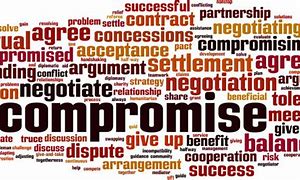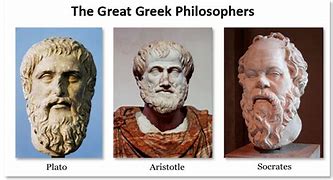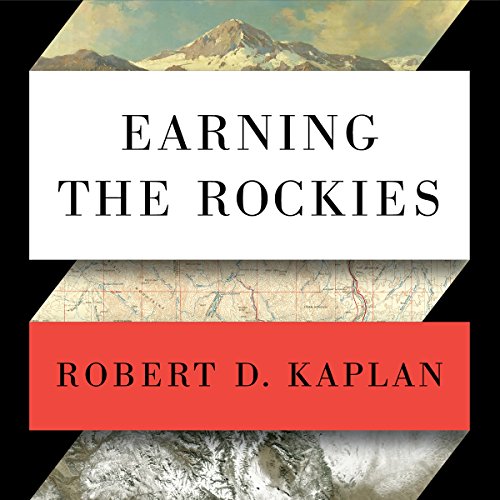Books of Interest
Website: chetyarbrough.blog
“Earning the Rockies” (How Geography Shapes America’s Role in the World)
By: Robert D. Kaplan
Narrated by: William Dufris

Robert Kaplan (American Author, freelance journalist and foreign correspondent.)
The first chapters of Robert Kaplan’s “Earning the Rockies” are a travel memoir about America’s growth from 13 colonies to 50 states, but the last two chapters are a considered view of America’s turbulent history and what its role should be in the world.

Kaplan was raised on the East Coast. His father was a local truck driver. However, his son became a world traveler who served in the Israeli Army and worked as a freelance writer for major publications. His travels and professional reporting experience undoubtedly influence his opinions about America’s role in the world.

Kaplan’s book begins with memories of his beloved father who talked to him about many things, one of which is a belief that “Earning the Rockies” requires one to work to make a living before traveling across the country.
Kaplan writes an apocryphal story of traveling from the east to west coast of America. In reflecting on his journey, he recalls the history of America’s growth as a nation state. He writes of white settler’s displacement of Indian tribes, a journey to the northwest by leaders of the Mormon church, and America’s growth and assembly of 50 states.
In his travels, Kaplan recalls:
1) America’s territorial growth with the Louisiana purchase,
2) confrontation with Mexico to expand America’s southwestern border,
3) Civil War for union rather than separation, and
4) Mormon and other pioneer travels on the Oregon Trail to see and settle the Northwest.

America becomes an economic giant, protected from foreign interference by two oceans.
In the creation of this American geographic giant, many territorial, political, and economic conflicts were resolved. Kaplan’s suggests America’s economic growth is based on force and compromise, the keys to America’s future in the world.




Kaplan’s American heroes are George Washington, Abraham Lincoln, Theodore Roosevelt, and George H.W. Bush. He adds the extraordinary insight of Ambassador George Kennan in his analysis of Russia. Kaplan notes other great leaders, but these four Presidents and one diplomat are examples of how American leaders use force and compromise to enhance the power and prestige of democracy in the world.
Kaplan explains prudent use of force and compromise is how the west was won and how America became an economic hegemon, a power and influence in the world.

Union of America’s States was perpetuated with force, while compromise continues to ameliorate the wrongs done to Indians and Blacks in America. Those wrongs will never be removed but compromise inures to the benefit of future generations.

Kaplan argues there is an imperial elite in America, similar to what were the elite and influential intellectuals of ancient Greece.
Many of these elites graduated from Harvard or other ivy league schools. (There is an “echo chamber” risk when too many leaders are educated in the same ivy league school.) Along with this imperial elite, he suggests America’s sea power is as important today as it was for the Greeks in antiquity. Sea power widened the influence of Greece just as it widens the influence of America today.

China is working toward a similar goal with its expansion of aircraft carrier and warship production.
Prudent use of power and compromise will expand the influence of every country that has hegemonic ambition. The operative word is “prudent”, i.e., navigating life with a thoughtful eye toward the future. Of course, there is a difference between China’s and America’s political prudence, but each is able to draw on resources that can change the course of history. The question becomes which has a system of government that can prudently use force and compromise to achieve peace and prosperity?
China’s and Russia’s education system leans toward communism which has not had the same level of success as capitalism.

America’s imperial elite is largely educated in American’ ivy league schools. Kaplan suggests, to the extent that these elitists grasp the importance of using force and compromise through democratic capitalism, the world has a chance for peace and prosperity.

Kaplan notes there is less geographic advantage for America today because of technological interconnectedness.
However, interconnectedness cuts both ways. Force and compromise have wider influence with technological interconnectedness. Whether today’s imperial elitists are prudent in their use of force and compromise is most important. Kaplan strongly suggests America should build the Navy to be a symbol of force and presence around the world. However, leadership of the many as opposed to the one as in in China, Russia, or any autocracy seems equally important.
Kaplan’s last chapters make a powerful statement about what America should do to meet today’s and tomorrow’s challenges.

